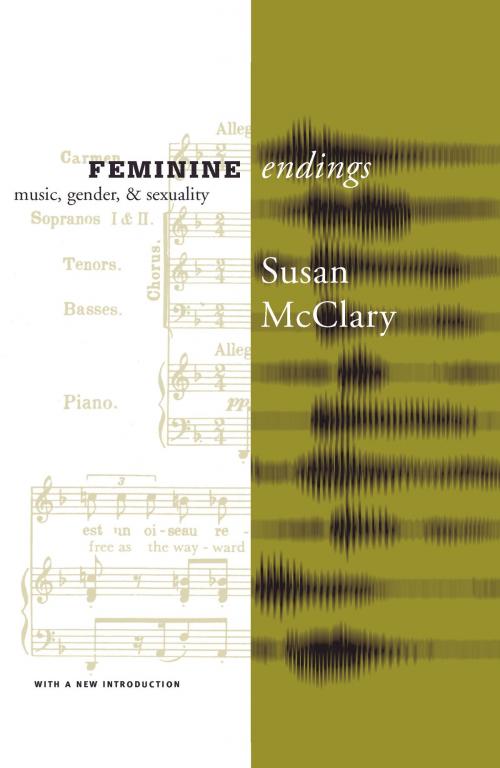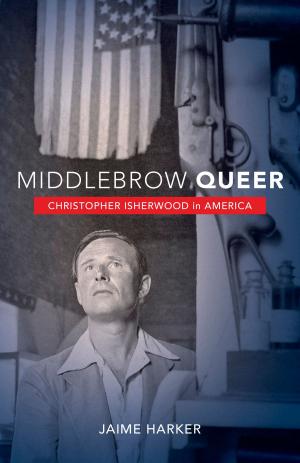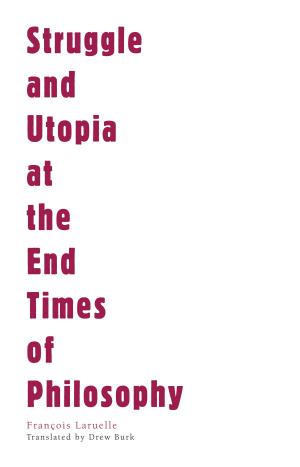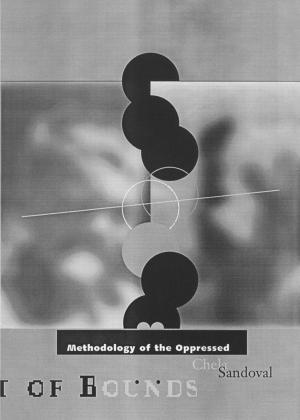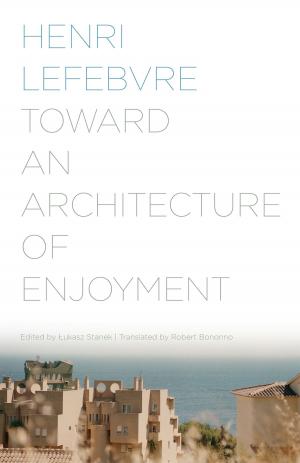Feminine Endings
Music, Gender, and Sexuality
Nonfiction, Social & Cultural Studies, Social Science, Gender Studies| Author: | Susan Mcclary | ISBN: | 9781452906362 |
| Publisher: | University of Minnesota Press | Publication: | July 24, 2002 |
| Imprint: | Univ Of Minnesota Press | Language: | English |
| Author: | Susan Mcclary |
| ISBN: | 9781452906362 |
| Publisher: | University of Minnesota Press |
| Publication: | July 24, 2002 |
| Imprint: | Univ Of Minnesota Press |
| Language: | English |
A groundbreaking collection of essays in feminist music criticism, this book addresses problems of gender and sexuality in repertoires ranging from the early seventeenth century to rock and performance art. “. . . this is a major book . . . [McClary’s] achievement borders on the miraculous.” The Village Voice“No one will read these essays without thinking about and hearing music in new and interesting ways. Exciting reading for adventurous students and staid professionals.” Choice“Feminine Endings, a provocative ‘sexual politics’ of Western classical or art music, rocks conservative musicology at its core. No review can do justice to the wealth of ideas and possibilities [McClary’s] book presents. All music-lovers should read it, and cheer.” The Women’s Review of Books"McClary writes with a racy, vigorous, and consistently entertaining style. . . . What she has to say specifically about the music and the text is sharp, accurate, and telling; she hears what takes place musically with unusual sensitivity."-The New York Review of Books
A groundbreaking collection of essays in feminist music criticism, this book addresses problems of gender and sexuality in repertoires ranging from the early seventeenth century to rock and performance art. “. . . this is a major book . . . [McClary’s] achievement borders on the miraculous.” The Village Voice“No one will read these essays without thinking about and hearing music in new and interesting ways. Exciting reading for adventurous students and staid professionals.” Choice“Feminine Endings, a provocative ‘sexual politics’ of Western classical or art music, rocks conservative musicology at its core. No review can do justice to the wealth of ideas and possibilities [McClary’s] book presents. All music-lovers should read it, and cheer.” The Women’s Review of Books"McClary writes with a racy, vigorous, and consistently entertaining style. . . . What she has to say specifically about the music and the text is sharp, accurate, and telling; she hears what takes place musically with unusual sensitivity."-The New York Review of Books
